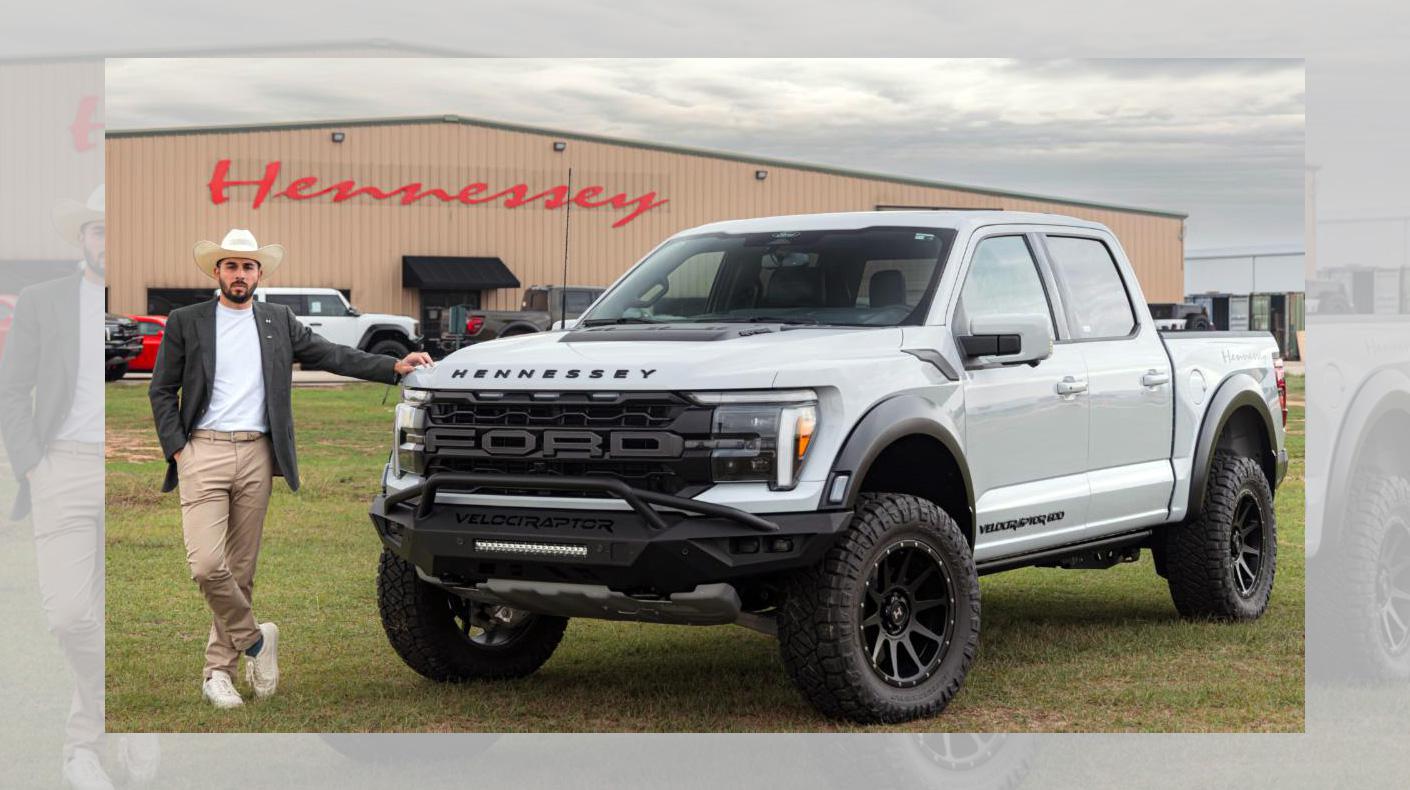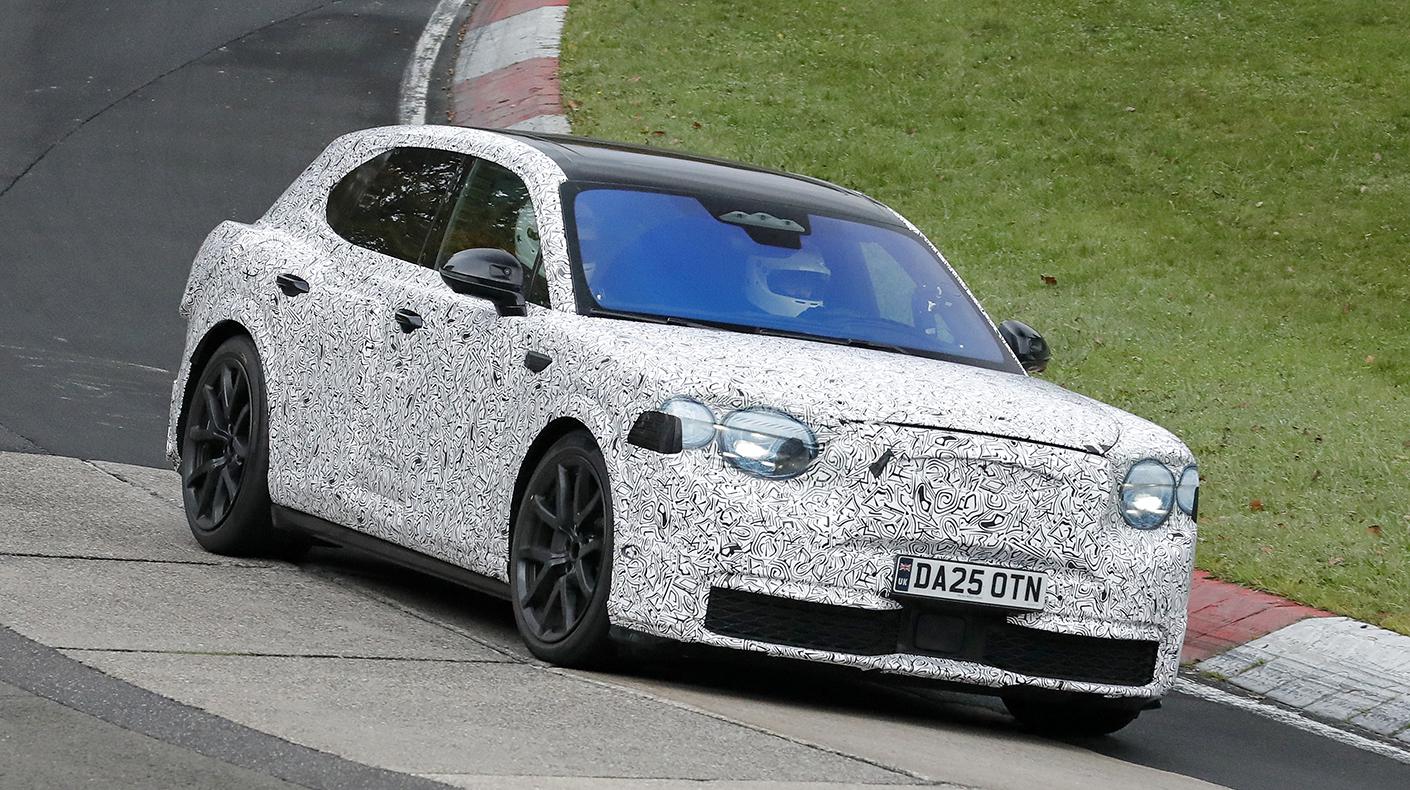By a 50-4 vote, the House Energy Committee approved federal legislation to provide a government voucher to consumers who buy a new car in exchange for scrapping a less fuel-efficient vehicle. Similar legislation is expected to be considered in the U.S. Senate in early June when lawmakers return from the Memorial Day recess. SEMA is urging lawmakers to include a provision to require that scrapped vehicles be less than 25 years old as a means of protecting vehicles that are valued by hobbyists or may be a source of recyclable parts for use on restoration projects.
Under the legislation, a scrapped vehicle must get less that 18 mpg (15 mpg for heavy pickups and vans). The car buyer would receive a $3,500 voucher if they bought a new passenger car that was at least 4 mpg higher than the older vehicle or a new pickup truck/SUV that was at least 2 mpg higher than the old truck. They would receive a $4,500 if the passenger car was at least 10 mpg higher and the truck/SUV was at least 5 mpg higher. The program would mandate that the engine block and drivetrain be destroyed. The program would last up to one year, authorize $4 billion in spending and potentially scrap one million older cars and trucks.
“SEMA is working with lawmakers to mitigate some of the legislation’s unintended consequences and its potential damage to the automotive aftermarket,” said Chris Kersting, SEMA’s president and CEO. “These common-sense proposals will ensure that the government is not spending $3,500 or $4,500 on a vehicle that may only be worth a few hundred dollars but may have potential value to vehicle collectors and to promote the benefits of parts recycling.”
A vehicle that is 25 years old or older is rarely driven and does not contribute to the nation’s dependence on foreign oil. A 25-year exclusion would also guarantee that older cars that have an historic or aesthetic value are not inadvertently crushed.
SEMA’s recommendations are intended to reduce the damage a vehicle scrappage program would impose on thousands of independent repair shops, auto restorers and recyclers, customizers and their customers across the country. SEMA will continue to promote alternative incentive programs that will help clean the environment, provide for vehicle and parts recycling, and preserve collector cars for future generations. For additional information, contact Stuart Gosswein.





